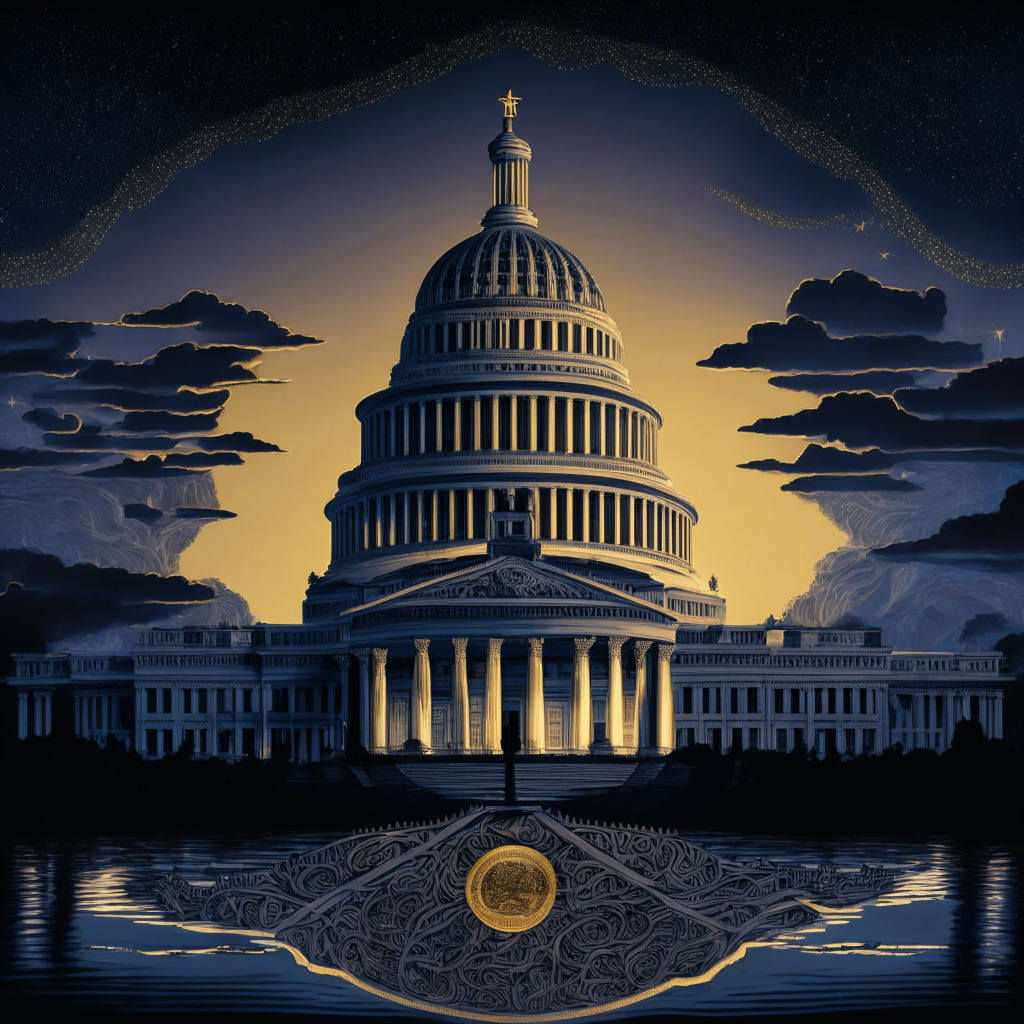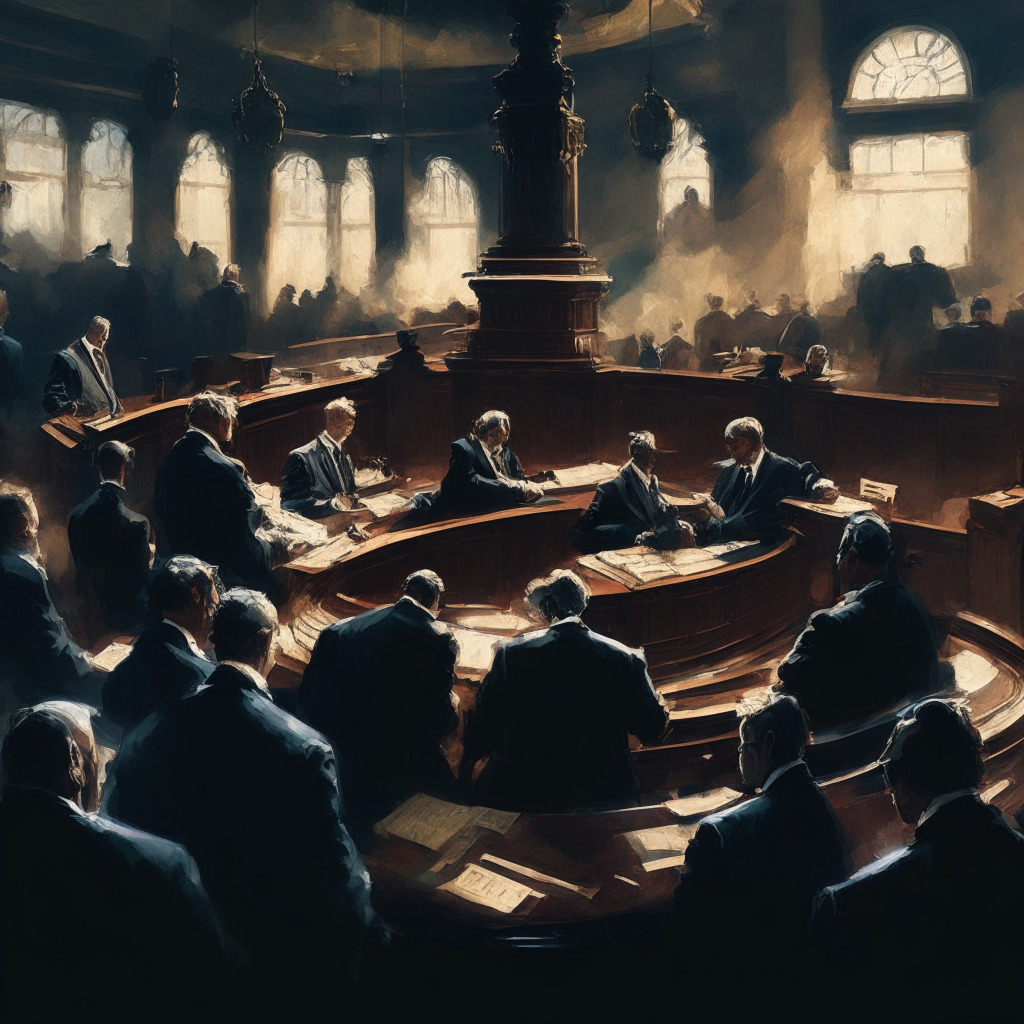The U.S. Senate passage of the 2024 National Defense Authorization Act (NDAA) has rocked the cryptocurrency world by introducing tighter regulations for financial institutions engaged in crypto trading. This shift signifies one of the most pivotal legislative actions targeting crypto assets and could change the landscape of crypto in the U.S. for years to come.
The legislation, proposed by a cross-party group of Senators including Kirsten Gillibrand (D-N.Y.), Cynthia Lummis (R-Wyo.), Elizabeth Warren (D-Mass.) and Roger Marshall (R-Kan.), targets crypto mixers and “anonymity-enhancing” crypto assets. These raise questions about the necessity and authenticity of such practices in the unseen ocean of digital currencies.
At the heart of the bill lies the Secretary of the Treasury’s new task: the “establishment of examination standards for crypto assets.” This initiative will arm examiners with enhanced capabilities to scrutinize risk and strengthen compliance with existing money laundering and sanctions laws. On another front, it prompts the Treasury Department to take on a comprehensive study on how to combat anonymous crypto transactions – a blatant challenge to crypto mixers often deployed to veil financial transactions.
But the jury is still out. Do these measures signify an inroad into the cherished anonymous and deregulated spirit of the crypto universe?
Reflecting this dichotomy, Senator Lummis commented that cracking down on illicit finance in the crypto sector is vital to “weeding out bad actors” and ensuring that crypto assets do not serve as channels for sanctions evasion and terrorism funding.
It is pertinent to note that while the NDAA isn’t essentially related to defense, the regular practice of attaching amendments to the bill gives a fascinating glimpse into the undercurrent of legislative sentiment around crypto. The Act’s passage follows the House Agriculture Committee’s approval of the Financial Innovation Technology for the 21st Century Act, seeking to create a federal regulatory framework for crypto in the U.S.
However, the journey for this fresh legislation hasn’t been smooth. The House and Senate now find themselves in a scramble to reconcile their disparate versions of the NDAA — a must-pass piece of legislation — into a version that can secure approval from both chambers. All in all, the next steps promise fascinating intersections between crypto, regulation, privacy, and national security.
Source: Coindesk




